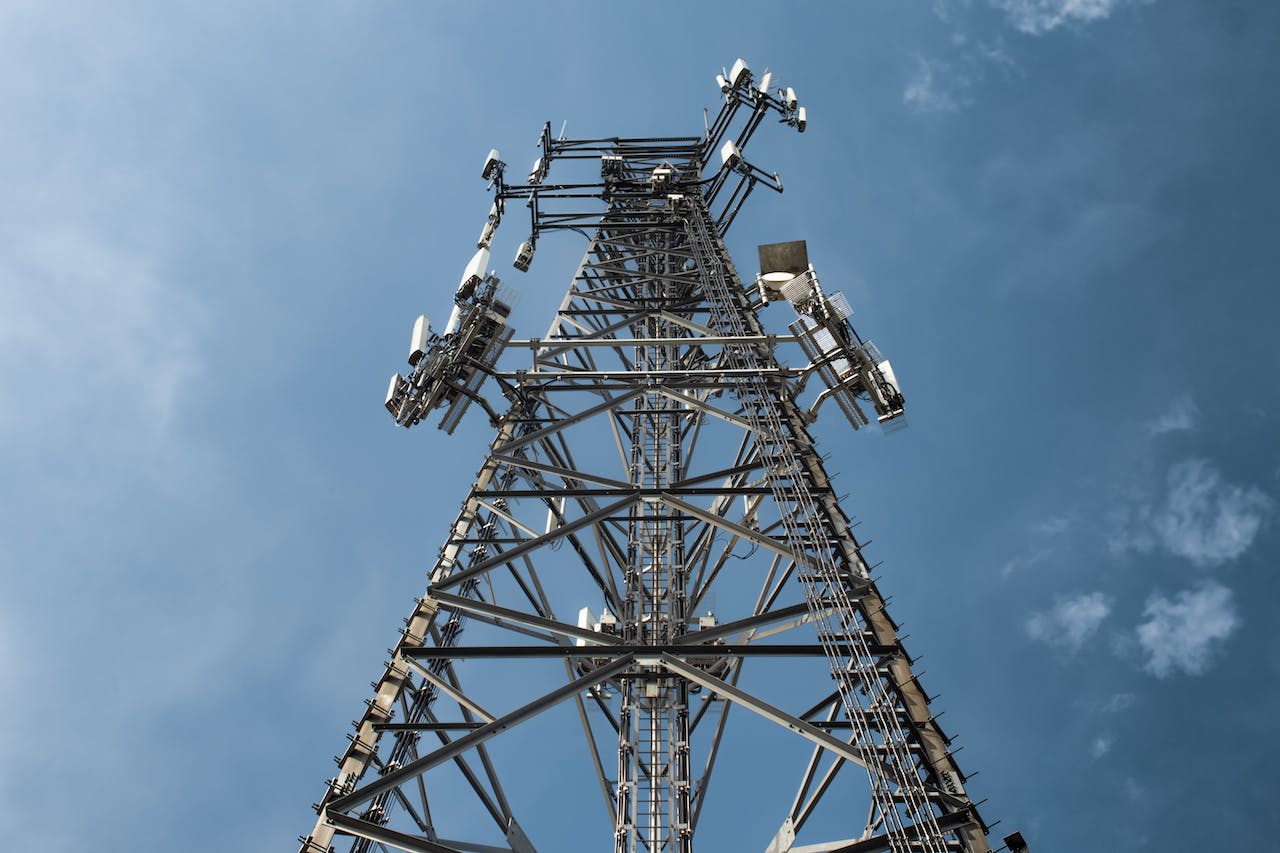It seems like every year, there’s a new upcharge for something we once expected to be free. Rent creeps up annually in big cities, as do other expenses like WiFi and cell phone service. There’s even a new trend for mobile apps to utilize micro-transactions, which make continuing on with certain games impossible without investing a little cash.
Sure, economic inflation is nothing new, and occupying time with free activities is a global pastime. But it isn’t only about the consistent rise of prices, nor the availability of life’s simpler things, like taking a walk in a park. It’s about what we pay for services on principle, rather than based on market demand.
In the past fifty years, free versus paid services and products have done more than one switch-up. What was once costly may be free today. For instance, there’s no need to pack up and head to Vegas for a poker trip now that some sites offer the possibility to play higher stakes competitions and ring games, and we’ve no need for those iTunes gift cards now that services like YouTube and Spotify allow listeners to stream for free.
On the other hand, what was once free may now be pricey, like plastic bags at grocery stores or extra leg room on a long flight.
Take a look below to see the top products and services that now require a bit of coin, separated between the most inconvenient, most baffling, and most understandable charges.
Inconvenient Expenses
Online Newspapers – Once upon a time, the digital world was unknown and, for many, a bit scary. Many publications simply put their archives and current prints online for free, and charged advertisers money in order to make a profit. However, the likes of The New York Times, Washington Post, and Los Angeles Times now charge monthly subscription fees.
Airline Extras – In addition to their flight tickets, customers can also expect to pay for drinks, movies, meals, leg space, baggage, seat selection, and even checking in. (Looking at you, RyanAir.)
Water – While some regions in the US still offer free water (and even free ice) with a customer’s meal, many are now beginning to charge for one of life’s most basic necessities – and this recent trend certainly isn’t helping to curb the amount of plastic water bottles in circulation throughout the world.
Charging For What?
Banking – Checking accounts were once free. No monthly maintenance fee, either. That changed in 2009, when the CARD Act sought to access big banking’s deep pockets. In response, major banks began charging ATM fees, overdraft fees, and other insane service fees.
Food Delivery – Food delivery truly is the wild west of baffling fees. Companies like UberEats and Grubhub charge both restaurants and customers for food delivery, and restaurants may also tack on a fee for this. However, this fee doesn’t always go to paying the delivery driver, which means customers are also responsible for tipping on top of these charges. Pickup, anyone?
Trash Collection – As California and some US cities charge for single-use plastic bags in a bid to curb environmental degradation, trash and recycling pickup fees also climb every year.
Public Toilets – While in the US, public restrooms are free, this final mention is a bit of a warning. In the EU, much like charging for a glass of water at a restaurant, public restrooms sometimes cost one dollar (or euro), and sometimes don’t include the most basic amenity known to the Western world: toilet paper.
Understandable Up-Charges
Plastic Bags – In 2014, California became the first state to ban single-use plastic bags in its largest retail outlets. Not only did the government ban single-use plastic bags, but they also began charging a 10 cent fee for other bags like paper and even compostable bags. The message? Bring your own, especially considering other major cities have followed suit.
Hotel Amenities – Next time you stay at a hotel, check the bill. See those charges for ‘resort fees’? That little number goes toward the cost of pools, gyms, and other complimentary services like newspapers in the lobby… which challenges the definition of complimentary. Moral of this story is to take advantage of those ‘resort’ features!
Compressed Air – Refilling tires at gas stations used to be free, but given the astronomical rise of gas prices across the world, it should come as no surprise that filling tires requires a small payment, sometimes as little as a quarter.


